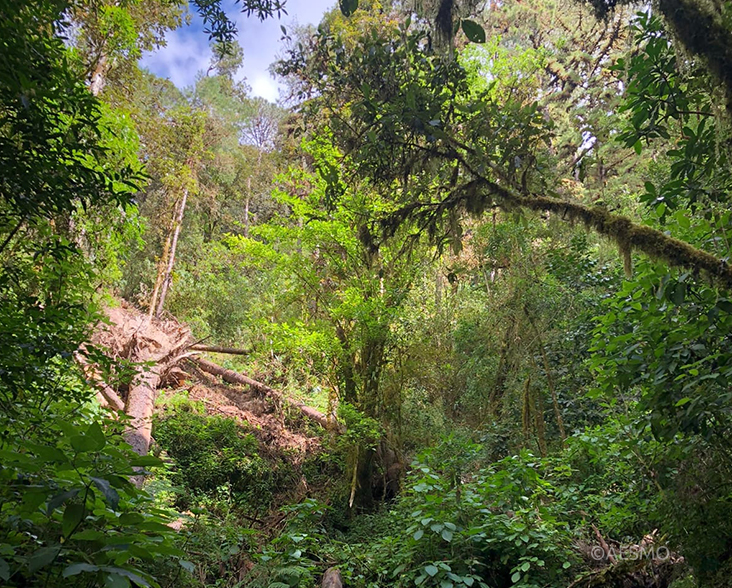One of the most mountainous countries in Central America, Honduras lies within the Mesoamerica Biodiversity Hotspot and is home to astonishing biological diversity.
Making up around 80% of the country, the interior highlands separate the lowlands along the Caribbean and Pacific coasts and rise to 2,849 m, producing a varied climate that is hot and humid with higher rainfall in the north and east, cooler in the highlands and dryer in the south. Around 55% of Honduras is forested, with montane mixed forest and pine-oak forests in the highlands, dry forest in the foothills, tropical moist broadleaf forests in the northern lowlands, and coastal pine forests. Mangroves occur along both coastlines, while off the Caribbean shore lies part of the Mesoamerican Reef, the second-largest barrier reef in the world.


